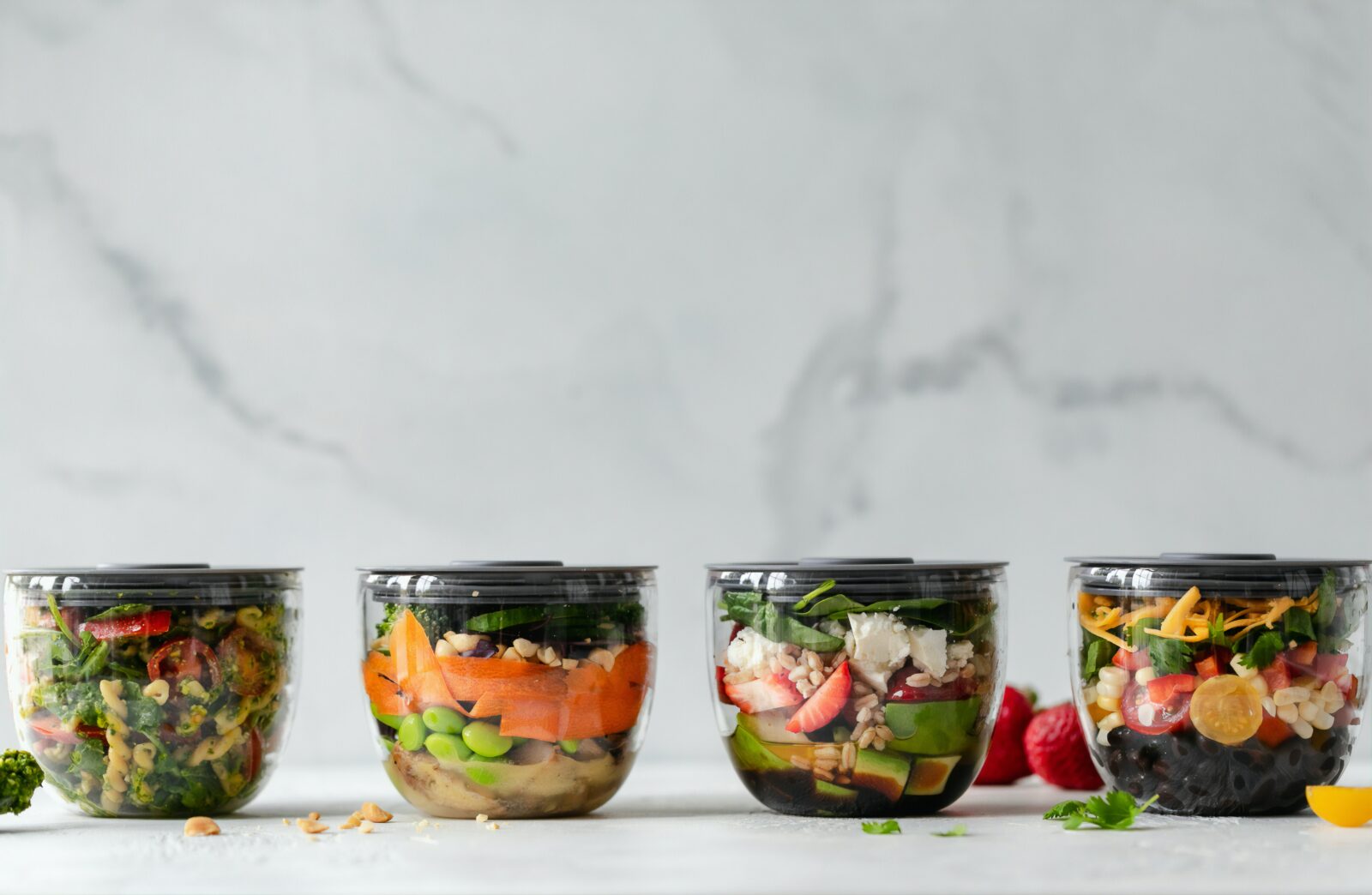Planning weekly menus is the best way to stick to a meal-plan and to save time and money in the kitchen. Use these tips for planning healthy, budget-friendly menus that are easy to follow.
Improved Health
Healthy eating habits translate into less visits to the doctor, more energy, and improved moods. When you have a plan for what’s on your dinner table every night, you’ll be less tempted by fast food or unhealthy snacks when cravings strike.
Benefits of Planning Meals
Planning meals helps you shop more wisely, because you’ll know exactly what ingredients you need. You’ll also save money, because you won’t find yourself buying an entire container of chicken broth when all you need is one cup to finish your soup recipe.
How to Plan Meals
Start by taking inventory of what’s in your pantry and refrigerator. Make sure all staples are fresh so they don’t end up costing you later. If anything is close to its expiration date, use it up now or freeze it for later use. Check your freezer’s contents as well; if there are any meals or leftovers that haven’t been eaten, toss them so they don’t spoil.
Set aside time for meal planning
Make sure you set aside time to plan out all of your meals. Don’t leave this up to chance or rely on fast food or takeout when you’re too tired or busy to cook. This will ensure you always have healthy food on hand and avoid getting carried away at the grocery store when you’re hungry or indecisive.
Don’t forget about leftovers!
You can always use leftovers for lunches or quick dinners throughout the week. When planning your weekly menu, include one or two recipes that can be easily used to make extra servings so you have leftovers for future meals.


























Leave a Reply